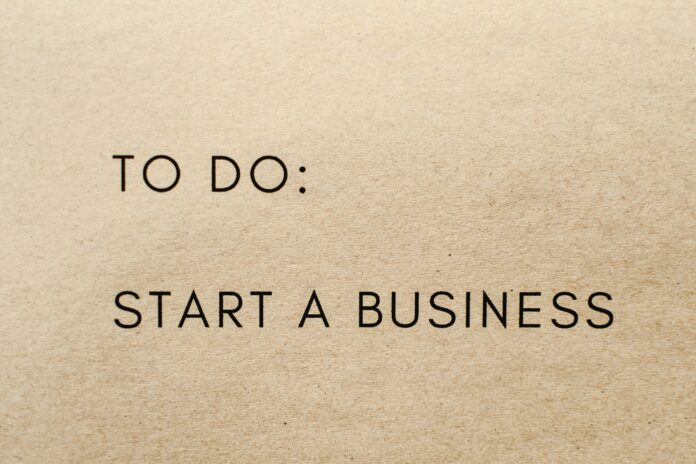Over the 25 years, I’ve been in business, as an employee, startup founder, business partner, and investor, I’ve learned a lot about what not to do. But every decision has made me a better person — and a better entrepreneur.
One of the most valuable lessons I’ve learned is, there’s no right or wrong in entrepreneurship, and measuring success shouldn’t come down to whether you “make it” or not. It is about learning as you go, knowing how to trust your instincts, and finding your feet despite the pressure. Be humble enough to know that you don’t have all the answers, and approach problems with an open mind.
So, for those who are starting a business, here are my top considerations that focus on acceptance and patience rather than the traditional hungry entrepreneur’s mindset of high-gear hyperactivity.
1. Sleep on it
Don’t rush in too quickly with an idea or the first thought that comes to mind because your lightbulb moment might not be so bright. Sit with it for a few days or weeks before starting to put wheels in motion, fleshing it out in more concrete terms, or gauging interest from potential investors.
Why young entrepreneurs are likely to succeed in business
Properly manifesting your idea doesn’t need to take months or years. If you take too long it will probably become irrelevant. If you have a brilliant idea that won’t go away and you’re getting good feedback from trusted advisors or collaborators, it’s time for the next steps.
2. Don’t force outcomes
Speed to Market (STM) is not necessarily always the best way. Don’t be pressured by what others are doing; try cutting out the noise to focus on your own journey and listen to your own ideas.
One of the most powerful tools I have learned which helps relieve stress and minimise internal chatter — not just in business but in life — is learning to meditate. Through meditation we can learn to accept those things we cannot change, build our capacity to embrace the unknown, and not try and force outcomes where they are not ready to ‘out’ themselves.
3. Be patient when seeking investment
Hold the line. Your idea or startup isn’t your ‘last’ chance. It’s ‘a’ chance. Success in business is a long game made up of small wins, so don’t say yes to an opportunity or an investor that’s not right for you. Believing it might be the only offer you get, or accepting money for money’s sake, can be the bane of a founder’s life. The wrong investor can bring more problems than benefits to your business, so choose them wisely.
4 easy saving tips for young entrepreneurs
The process of taking on an investor takes a lot of patience and in the long run, saying no to an investor is sometimes more important than saying yes. Be guided by and stay anchored to your core values.
4. Don’t waste time on regrets
This was some of the best advice I have ever received. If you find yourself constantly looking in the rear-view mirror — worrying about the would haves, should haves, and what ifs — rip it off!
Wasting your precious time and energy on regrets is just that, a waste. Feelings like regret and guilt are stored in your body and can have a negative impact on not only your state of mind but your physiology, too. Ultimately, looking in the rear vision mirror means your eyes are off the road ahead and you can’t see what is coming.
While this mindset can be challenging, especially in the early days of startup life, the smoothest road to success is to learn to accept your failings, take your learnings, and just keep moving forward.
5. No problems, only opportunities
Some of the greatest startup success stories have arisen from founders’ building solutions or pivoting to solve systemic problems.
How Young Entrepreneurs Made Millions From Sneakers Resale
Canva was created to give everyday folk easy access to graphic design tools. Zoom shot to prominence when COVID lockdowns forced entire workforces home overnight. A technology revolution rose from the ashes of the dotcom crash 20 years ago. Our own company, Insight Timer, was founded in 2009, a year after the global financial crisis.
In business, where there’s a will there’s a way. Be adaptable, see environmental or situational change as an opportunity rather than a problem.
And finally — yes, I’m biased — I’m a firm believer that there isn’t a single aspect of life and business that can’t be aided by regular meditation, and that the wealth and prosperity that really matters in life ultimately come from within.









